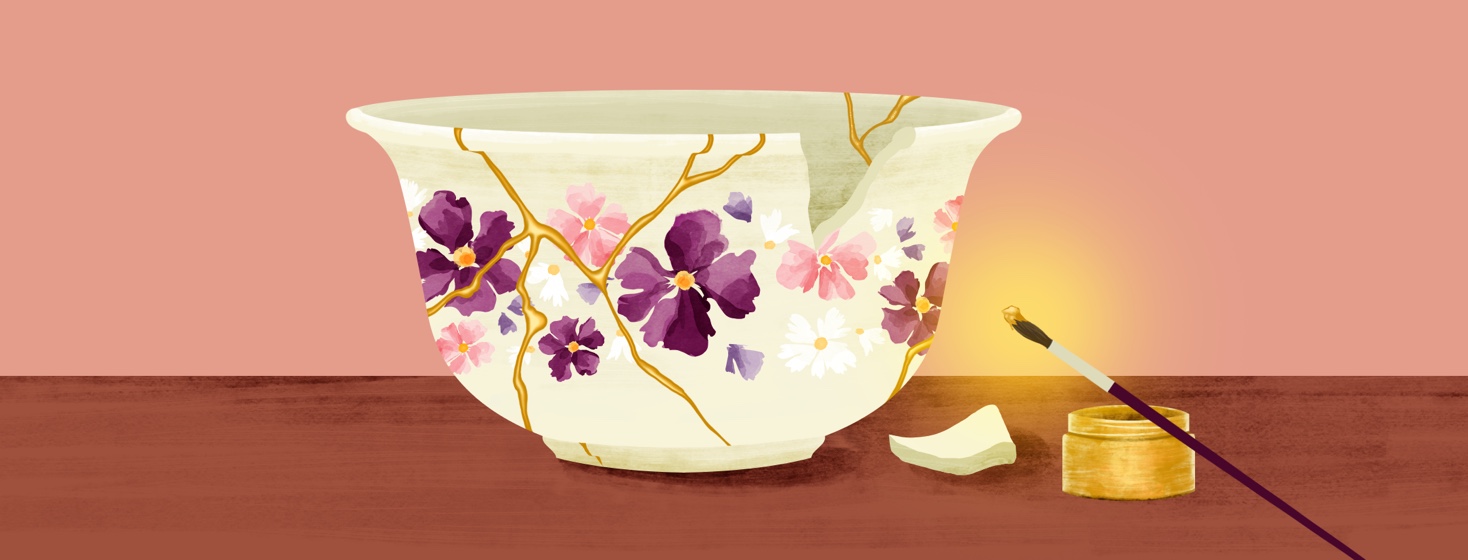Ready to Start Forgiving
My mother had a stroke on the morning of my 13th birthday. My father found her on the bathroom floor where she had fallen. I was the youngest child and the only one living at home. There was a significant age gap between myself and my siblings. By the time she fell ill, they all had their own families.
Her recovery was slow, but after a couple of years, her condition improved enough that she no longer needed a live-in caregiver. There was an expectation in my family that I would now care for my mother, who still could not walk or talk. I did not understand why my family felt that way. They never took the time to speak to me, and I felt abandoned by them.
I just needed someone to talk to
At the same time, I was struggling with being gay in a small Louisiana town. And just as I explored that part of myself, I learned that the girl I had been dating was pregnant.
I needed someone to talk with to help me sort out everything that was happening. My parents, besides being ill, were much older and did not have the reference points to assist me. My siblings seemed occupied with their lives and never showed interest in offering guidance. Feeling isolated, I was left to navigate what it meant to be an adult amid an emotional crisis.
Time to live my own life
Eventually, I left my parent’s home and forged my path. But I blamed my siblings for not being there for me. I refused to forgive them for what I thought they had purposely done to me. I felt they had not risen to the challenge of guiding their younger brother into the world.
I began to build a life on my terms. But there was always something new to be mad about. Things that people did which I thought were mean to hurt me. Abusive relationships. My own HIV diagnosis. The death of so many friends before their time. The horrific way AIDS killed my partner.
Over the years, anger has helped push me through the sadness I felt because of their absence. But I also made the mistake of letting anger become a driving force in how I made decisions in my life. This inevitably led to my incorrectly elevating so many moments and comments to the level of outrage.
Eventually, I held onto these perceived slights and moments of anger for so long that they became my life’s framework. Because these were my memories, I could not let them go; I had to hang onto them. That’s how I found myself in a cycle of unforgiveness.
Beginning to regret my actions
Time passed, and I got older. I began to see things I had missed: births, deaths, and friends passing the time together. People I had stopped communicating with had lived lives I regretted not being part of. The years of getting mad at the slightest and most obscure reason piled up until I couldn’t take it anymore.
I spent time reflecting on all those things I had missed, not to feel guilty but to put things in perspective. To understand what was important to me.
An important insight came to me when I read that forgiving someone was not saying that what they had done was okay. I began reaching out to people I had cut out of my life. When possible, I asked to have an honest conversation about my feelings, sharing what I felt. I was also careful to listen to what they were saying as well.
Sometimes a reconnection was not possible. When that was the case, I had to decide if there was something else I could do to help the process. Some people I wrote letters to but never sent them. Another time I sent my family the only copy of a photo of my dad when he was younger.
How I'm dealing with my anger now
Each time I did this, the burden I had been carrying was lifted off my shoulders, and I began to let go of the blame and enjoy life’s experiences. As I did, I began to look at my current relationships differently.
By allowing so much of my past to be defined by incorrectly perceived transgressions, I was always waiting for the people involved in my life to 'pull the same stunt.' Without realizing it, I was creating barriers, keeping an emotional distance from my new friends because I falsely believed that you couldn’t trust anyone.
I review my actions and feelings when engaging with people around me. It’s an ongoing process that takes much courage. The hardest part has been not blaming myself for my mistakes and allowing myself to treasure the new memories I’m creating with those around me.

Join the conversation